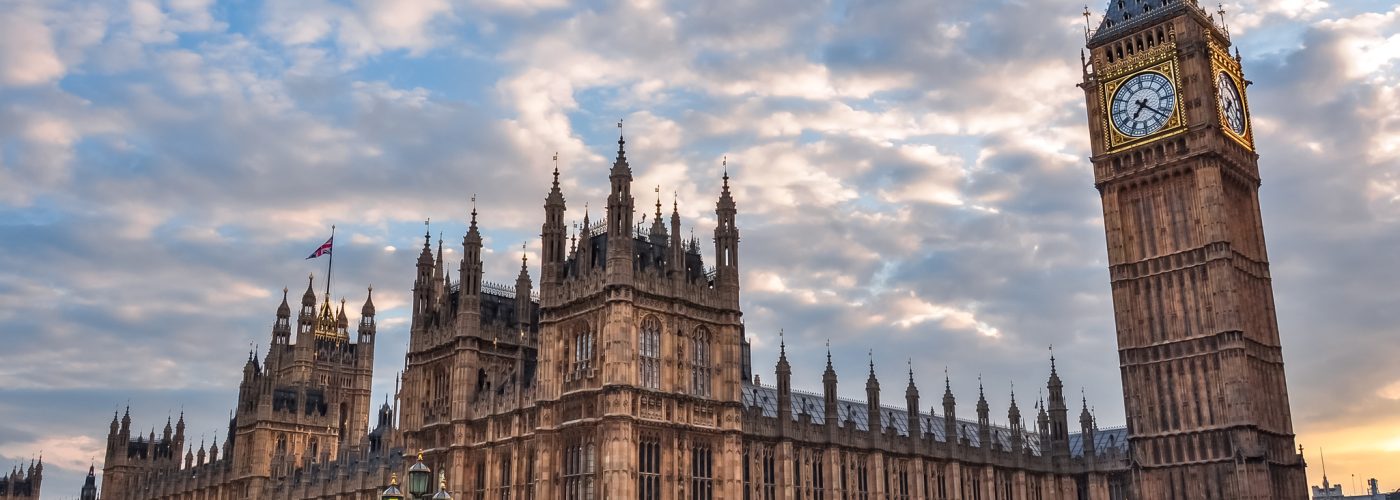On 20 July 2021 the revised NPPF and the National Model Design Code were published. In addition, the Government formally launched the new Office for Place. The focus for the office will be to drive up design standards and support local communities to set their own design standards. This will be headed by Nicholas Boys Smith alongside a panel of twelve expert advisors.
The think tank, Policy Exchange, hosted an event on Building Better Building Beautiful, with Robert Jenrick MP Secretary of State for Housing, Communities & Local Government, Nicholas Boys Smith, Chair of Transition Board, Office for Place and Joanna Avery, Chief Planner for MGCLG.
Following the publication of Building Better Building Beautiful two years ago the event on the 20th July focused on how the initiatives are being rolled out and implemented to deliver this vision.
Community Involvement: co-design in a digital age
The Office for Place will be responsible for the ‘Evolving Science of Place’, creating the tools, processes and tests to support beautiful places. A big focus will be on community involvement, asking communities what they like and how they wish to live. We are likely to see a move from light touch engagement to community co-design at key stages of the process. We imagine that digital platforms and visualisation, using software such as Vu.City, are likely to play a key role in truly engaging people.
Cultural change: revolution or evolution?
A key role of the Office for Place will be supporting the early pilot projects for the National Model Design Code. Fourteen are already being progressed and applications for ten more pilots open today. The implementation of the new Model Design Code requires a significant culture change in our ways of working and the institutional approach to the built environment. Robert Jenrick, the Secretary of State for Housing and Communities, described it as a ‘generational change’. Jenrick went further, challenging the development status quo and suggesting that the changes will take power out of the hands of the big developers, giving less airtime for the consultants and the lawyers and more air time for local people.
The future: more sustainable and more beautiful?
Over the last two years there has been a lot of debate on beauty and the quality of our built environment. The approach to this is strengthened through the commitment to well designed, beautiful and more sustainable developments in the revised NPPF. There are many challenges to come. As an industry we have to take up the challenge to deliver new communities which leave a positive and long-lasting legacy.






